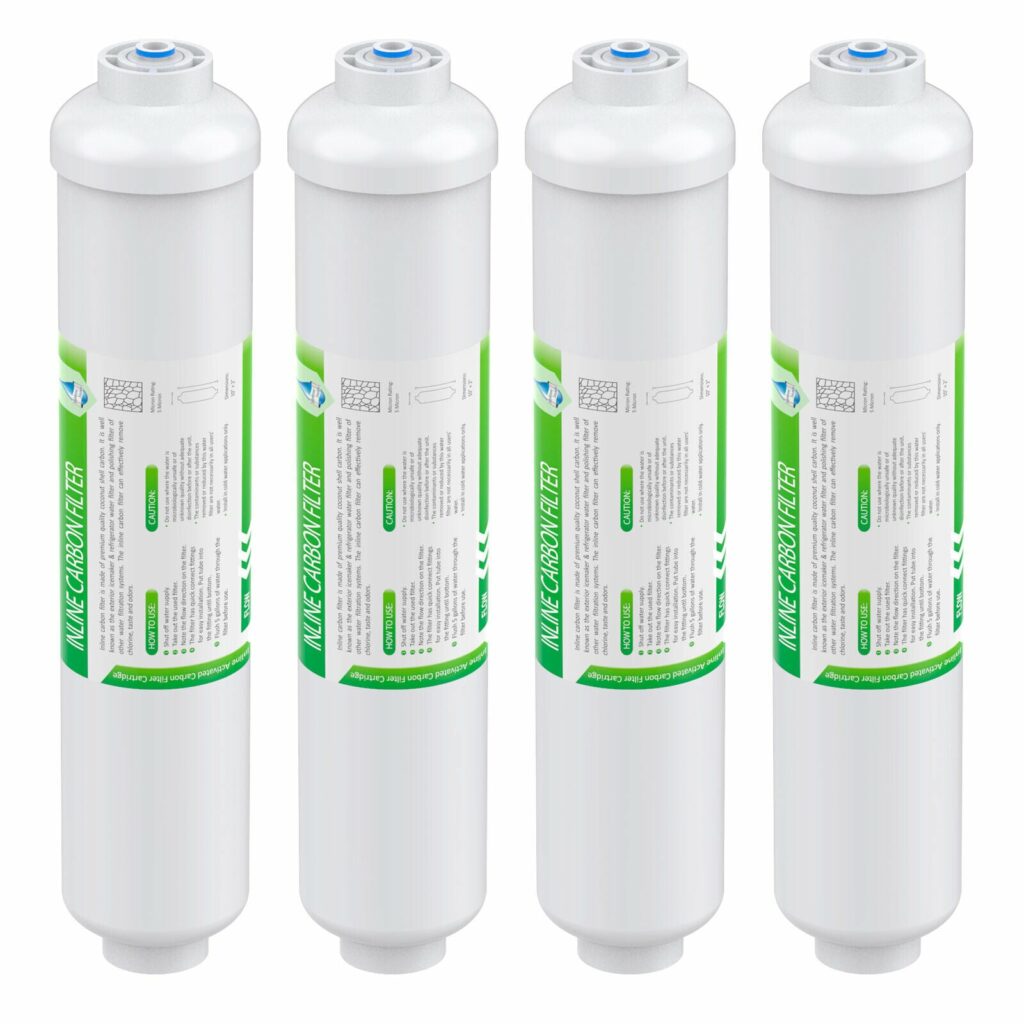Tiny but mighty, inline filter cartridges quietly guard our water and air, keeping every sip and breath pure.

I love how these cartridges marry function with form: push-fit or threaded ends click into place without a plumber’s help, and swapping out the spent unit takes mere minutes. In water systems, they elevate taste and safety by stripping out lead, rust, and volatile organic compounds; in air lines, they safeguard tools and products by capturing moisture and oil aerosols before damage occurs [4][3]. You don’t need to rework cabinetry or call in a professional—just cut the tubing, push in the connector, and you’re done. It’s a tiny upgrade that yields surprisingly big dividends in both convenience and peace of mind.
Choosing the perfect inline filter cartridge is like handing your water or air system a personalized key to purity that fits just right.
Selecting an inline cartridge isn’t one-size-fits-all—it’s a matter of matching media to the contaminants you face. Water-line cartridges shine in kitchens and labs, where activated carbon blocks remove chlorine, pesticides, and off-flavors, while spun-polypropylene sediment filters trap sand, rust, and debris before they gum up delicate components [1][2]. In compressed air systems, coalescing and adsorption media work in tandem, pulling oil mist, water vapor, and particulates out of the stream so tools stay sharp and products stay pristine [3][5].

Think about flow rate and pore size too. A coffee aficionado might gravitate toward a 1- to 5-micron carbon block for crisp flavor, while someone on well water with heavy sediment might choose a 10- or 20-micron polypropylene cartridge to handle the grit. Even the connector style—push-fit, quick-connect, barbed, or threaded—matters when you’re retrofitting into an existing line. By zeroing in on the right combination of media, pore size, and connection type, you essentially equip your system with a tailor-made shield against the specific nasties lurking in your supply.
Pore Sizes And Their Significance In Filtration Efficiency
Every inline filter cartridge advertises a “micron rating” on its label, but what does that really mean? Imagine a screen door with holes small enough to block mosquitoes but large enough to let air breeze through. A 20-micron filter catches larger debris—sand, rust flakes, and coarse sediment—while a 5-micron cartridge traps finer particles: silt, algae, and some microorganisms [1][4]. Go down to 1 micron, and you’re in the realm of blocking common parasites like Giardia; push even finer to 0.1 micron and you’ll need an ultrafiltration or reverse-osmosis stage to catch viruses.
| Micron Rating | Typical Contaminants Captured | Common Applications |
|---|---|---|
| 20 µm | Sand, rust flakes | Well water pretreatment |
| 5 µm | Silt, fine sediment | Under-sink drinking water |
| 1 µm | Giardia, Cryptosporidium | RV and portable filtration |
| 0.1 µm | Some bacteria, viruses* | Ultrafiltration modules |

Bear in mind: as you dial down the micron size, flow rate slows and cartridge life shortens. A 1-micron block might deliver a trickle if your household demand spikes, whereas a 20-micron sediment filter hums along, handling large volumes with ease. Often, systems use staged filtration—coarser first, finer second—to balance flow and clarity. By understanding these trade-offs, you can customize a stack that keeps your morning coffee clear and your lab tests reliable.
Comparing Filtration Media Types
Inside every inline cartridge lies its secret weapon: the media. Activated carbon, whether granular or block-style, adsorbs chlorine, volatile organic compounds, and odors like a magnet [1][4]. I still recall how my first under-sink carbon cartridge made my tap water taste startlingly fresh, as if someone had installed a hidden spring in my kitchen.
Sediment media—spun or pleated polypropylene—acts as the first line of defense, capturing sand, rust, and debris before they abrade downstream components or clog finer filters [2]. In air lines, coalescing media draws moisture and oil droplets together into larger beads so they can’t slip past the cartridge. Other specialized media—ceramic composites, ion-exchange resins, and even silver-impregnated fibers—tackle hard water minerals, heavy metals, and bacteria. Each type demands a different maintenance rhythm and capitalizes on distinct mechanisms: adsorption, mechanical straining, chemical exchange, or biological inhibition.
Which one reigns supreme? It boils down to what you’re up against. Tackle chlorine taste, and carbon’s your champion. Combat cloudy well water, and polypropylene’s your pick. Confront oil mist in industrial air, and coalescing filters become indispensable. And if you want mineral-enhanced drinking water, look for cartridges that blend carbon with ion-exchange beads. For a deep dive into multi-stage solutions, see our guide to whole-house filter combos.
Installing Inline Filter Cartridges: Practical Tips And Best Practices
Nothing beats the satisfaction of a DIY install that just works. Before you begin, shut off your water supply (or air compressor) and relieve pressure by opening a downstream faucet or valve. Check the arrow stamped on the cartridge housing—install it so it points in the direction of flow. When using push-fit connectors, push tubing home until you feel a firm click. If your setup uses threaded fittings, wrap PTFE tape around the male threads first, then hand-tighten and finish with a gentle wrench turn to avoid cracking the plastic housing [2].
After seating the cartridge, turn the supply back on slowly and watch for drips. A spray of soapy water on fittings will reveal even the tiniest leak. Once you’re confident it’s watertight, flush the cartridge for five minutes to rinse out carbon fines or spun-polypropylene fibers [5]. Label the installation date on the housing with a permanent marker—this simple habit helps you stay ahead of replacements. And remember, reversing the flow, cranking down fittings too tight, or skipping the flush step are rookie mistakes that can cost you time and frustration.
Inline Filter Cartridge Maintenance Tips
Staying on top of filter changes is critical to ensure every drop or puff remains pristine. Most water cartridges serve 1,000–2,000 gallons or six to twelve months, but heavy sediment or higher flow rates can accelerate wear [3]. Keep an eye on flow rate and taste—any noticeable drop in pressure or a metallic note is a clear cue to swap.
When it’s time, shut off the supply, relieve pressure, depress the quick-connect collar or unscrew the housing, and slide out the old cartridge. Rinse the housing interior with clean water and inspect O-rings for nicks; a compromised seal invites bypass and unfiltered water. I always keep a spare O-ring kit and soft cloth close by—small prep makes the swap feel more like changing a lightbulb than performing surgery.
Rather than tossing spent cartridges in the trash, check if your manufacturer offers recycling or repurposing programs—some media can be composted or reused in garden irrigation systems. For a step-by-step walk-through of sustainable swaps, explore our inline water filters resource or discover options in our guide to faucet filter cartridge replacement.
Common Issues With Inline Filter Cartridges And How To Troubleshoot
Even the best systems hiccup sometimes. Reduced flow often signals a clogged cartridge—turn off the feed, relieve pressure, and inspect the filter. If it looks dark and crunchy, it’s overdue for replacement [1]. Leaks usually stem from worn O-rings or misaligned fittings; reseat tubing fully or swap the seal to stop drips instantly [5].
Sometimes you’ll swap a cartridge only to find your water still tastes off—that’s channeling, where flow carves a shortcut through the media, bypassing filtration. Prevent channeling by replacing cartridges on schedule (every six months or after about 500 gallons in hard-use setups) and storing spares in a cool, dry place [3]. If issues persist, check for cracks in the polypropylene or carbon block; even hairline fractures can undermine performance [4].
Cost Benefits Of Inline Filter Cartridges
Installing an inline filter cartridge generally costs a fraction of a whole-house system or reverse-osmosis unit. Cartridges run $15–$25 apiece and last up to a year, whereas an RO membrane replacement can set you back $200–$500 annually [1]. Bulk packs drive the unit price down below $12, and you dodge installation fees since no plumber is required [3]. Over five years, inline cartridges can slash your total cost of ownership by up to 40% compared to larger systems [2].
Plus, you’re reducing plastic jug waste: a single cartridge replacement keeps hundreds of disposable bottles out of landfills. That’s a win–win for your wallet and the planet.
For a detailed comparison between inline filtration and membrane-based purification, check out our comprehensive guide to reverse osmosis water filtration.
Latest Advancements In Inline Filtration Technology
Filtration is getting smarter. Today’s cartridges often sport embedded sensors that monitor flow rate, total volume filtered, and even contaminant breakthrough, alerting you via app notification when it’s time to change [1]. On the material front, nanofiber membranes and graphene-oxide layers infused with silver ions now promise up to 1,000 gallons of bacteria-free water without clogging [5]. Some brands even offer biodegradable housings and refill modules that cut plastic waste by nearly 30% over a cartridge’s lifecycle [4].
Looking ahead, modular stackable designs may let you snap in separate sediment, carbon, and remineralization stages like LEGO bricks—customizing your profile on the fly without any plumbing fuss. It’s a small-scale revolution, and it’s only just beginning.
Inline filter cartridges quietly power clean water and air with just a simple inline upgrade, showing that big impacts often start small.
From under-sink drinking water to compressed-air lines in workshops and medical facilities, these unassuming cylinders do heavy lifting behind the scenes. Their ease of installation, targeted media options, and budget-friendly upkeep make them a go-to solution for homeowners, hobbyists, and professionals alike. Tiny but mighty, inline filter cartridges remind us that sometimes the simplest upgrades yield the biggest returns—in taste, safety, and peace of mind.
“`html
Complete Top Picks Comparison – 20 Products
| Product | Source | Price | Rating | Image | Buy |
|---|---|---|---|---|---|
| Membrane Solutions T33 Inline Water Filter, 2-Pack 1/4″ Quick-Connect Replacement Cartridges… | Amazon | $17.99 | ★★★★★ |  | Buy on Amazon |
| Inline Water Filter for Ice Maker, Refrigerator, Under-Sink Reverse Osmosis Water System… | Amazon | $19.99 | ★★★★★ |  | Buy on Amazon |
| Clear Empty Refillable Inline Water Filter Cartridge 2″ x 10″ | For DI/Resin/Carbon… | Amazon | $8.99 | ★★★★★ |  | Buy on Amazon |
| 2 Pack Inline Water Filter 1/4″ Quick-Connect Replacement Cartridge Inline Activated Carbon Block… | Amazon | $29.99 | ★★★★☆ |  | Buy on Amazon |
| 5 Micron 10″x2.5″ Whole House String Wound Sediment Filter for Well Water, Replacement Cartridge… | Amazon | $24.99 | ★★★★★ |  | Buy on Amazon |
| Aquaboon 5 Micron 10 x 2.5 Grooved Sediment Water Filter Replacement for Whole House… | Amazon | $26.79 | ★★★★★ |  | Buy on Amazon |
| Aquaboon 5 Micron Pleated Sediment Water Filter 10 x 4.5 Cartridge – Whole House… | Amazon | $44.79 | ★★★★★ |  | Buy on Amazon |
| PUREPLUS 5 Micron 10″ x 4.5″ Whole House Pleated Sediment Filter for Well Water… | Amazon | $44.99 | ★★★★★ |  | Buy on Amazon |
| Membrane Solutions 5 Micron 10″x2.5″ String Wound Whole House Water Filter Replacement… | Amazon | $26.36 | ★★★★★ |  | Buy on Amazon |
| AQUA CREST FXHSC Whole House Water Filter, Replacement for GE® FXHSC, GXWH40L… | Amazon | $23.99 | ★★★★★ |  | Buy on Amazon |
| For Surron Light Bee Water Transfer Carbon Fiber Extended Tail Rear Fender Front Mudguard… | AliExpress | $4.50 | N/A | 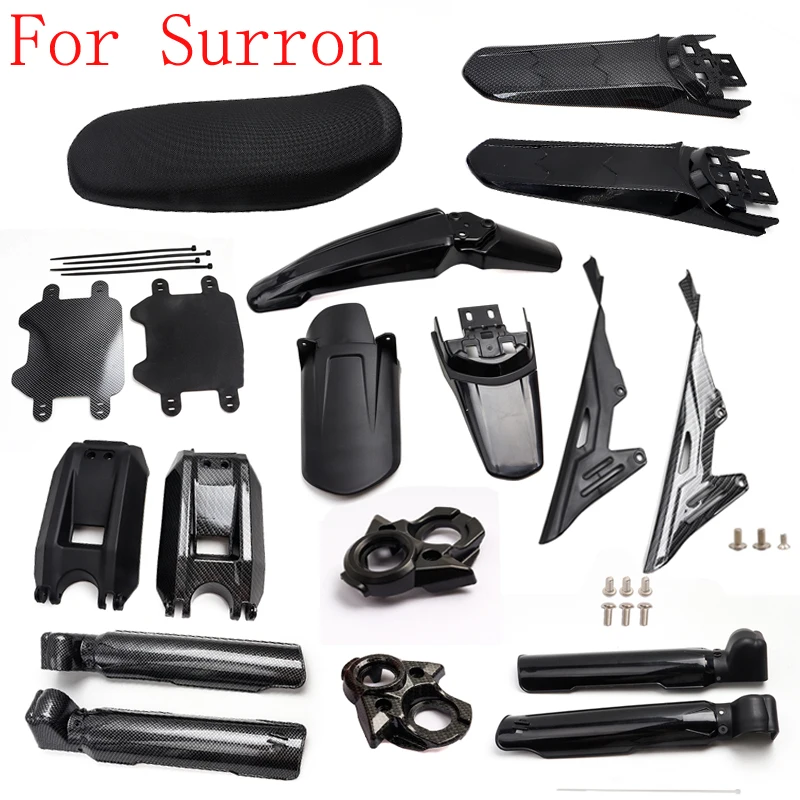 | Buy on AliExpress |
| Electric Motorcycle Ebike Battery Cover Protects Carbon Fiber For SurRon Surron Sur-ron… | AliExpress | $8.55 | ★★★★★ |  | Buy on AliExpress |
| Electric Off-road Motorcycle Front Number Plate Frame Holder For Sur-Ron Surron Light Bee S… | AliExpress | $5.32 | ★★★★★ | 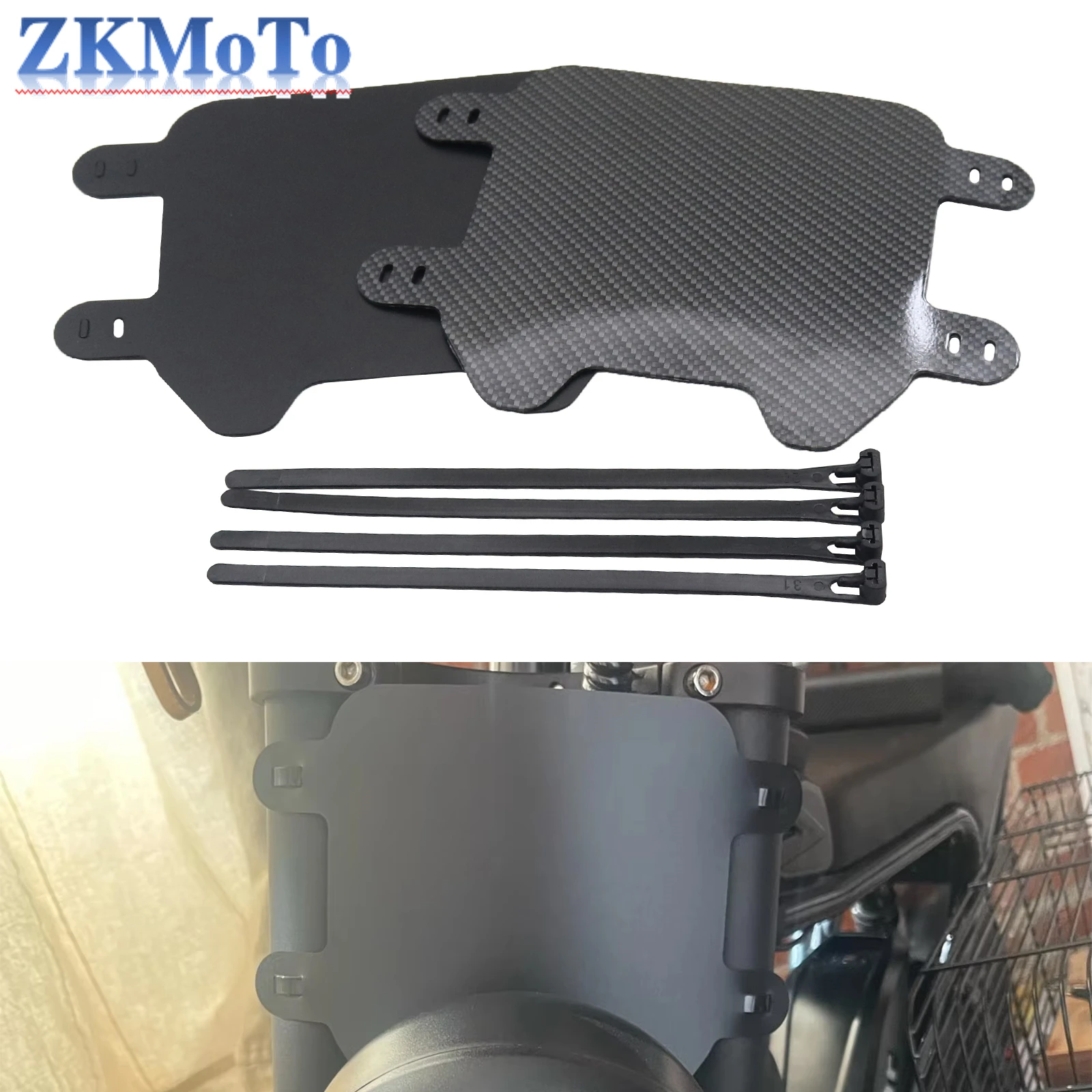 | Buy on AliExpress |
| FOR SURRON Lightbee S X Electric Vehicle Cross-country Bike Front Number Plates Plastic Name… | AliExpress | $17.53 | N/A | 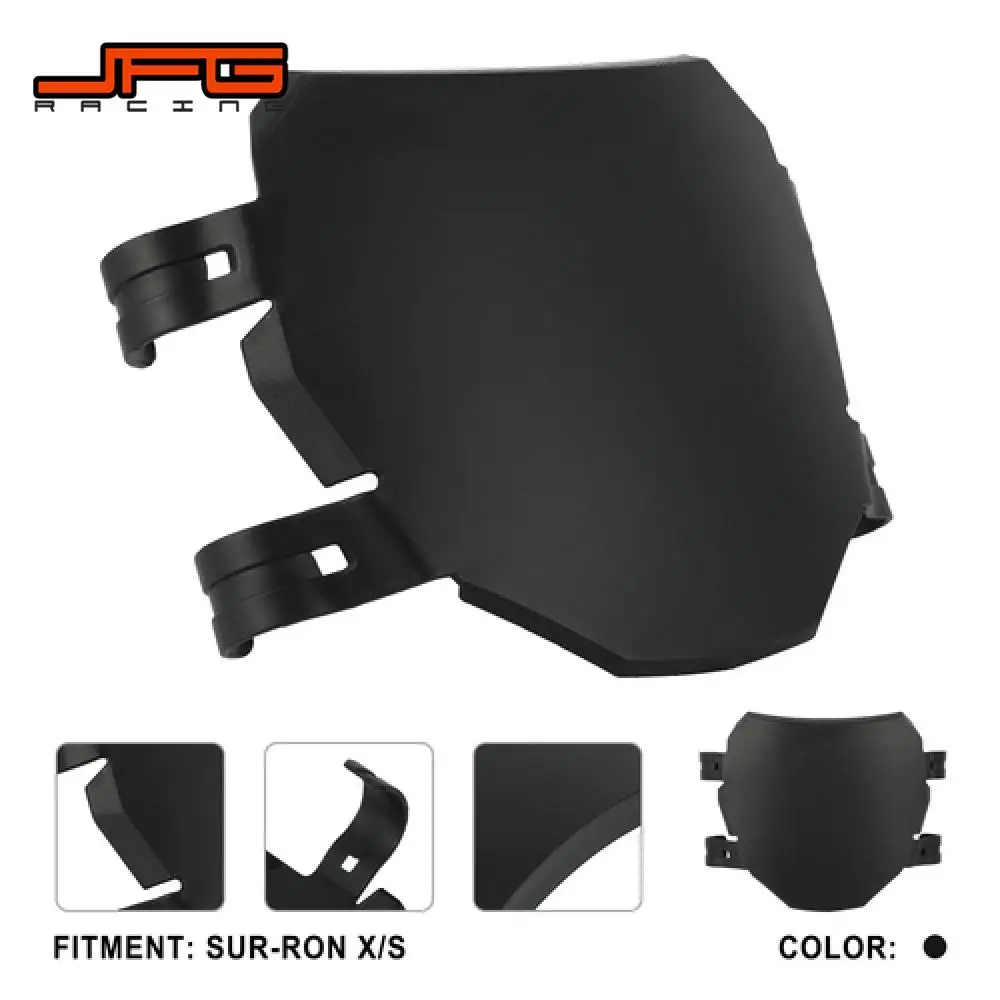 | Buy on AliExpress |
| Electric Bike Throttle Grip Universal Electric Bicycle Scooter Wire Twist Throttle Grip… | AliExpress | $7.36 | ★★★★★ | 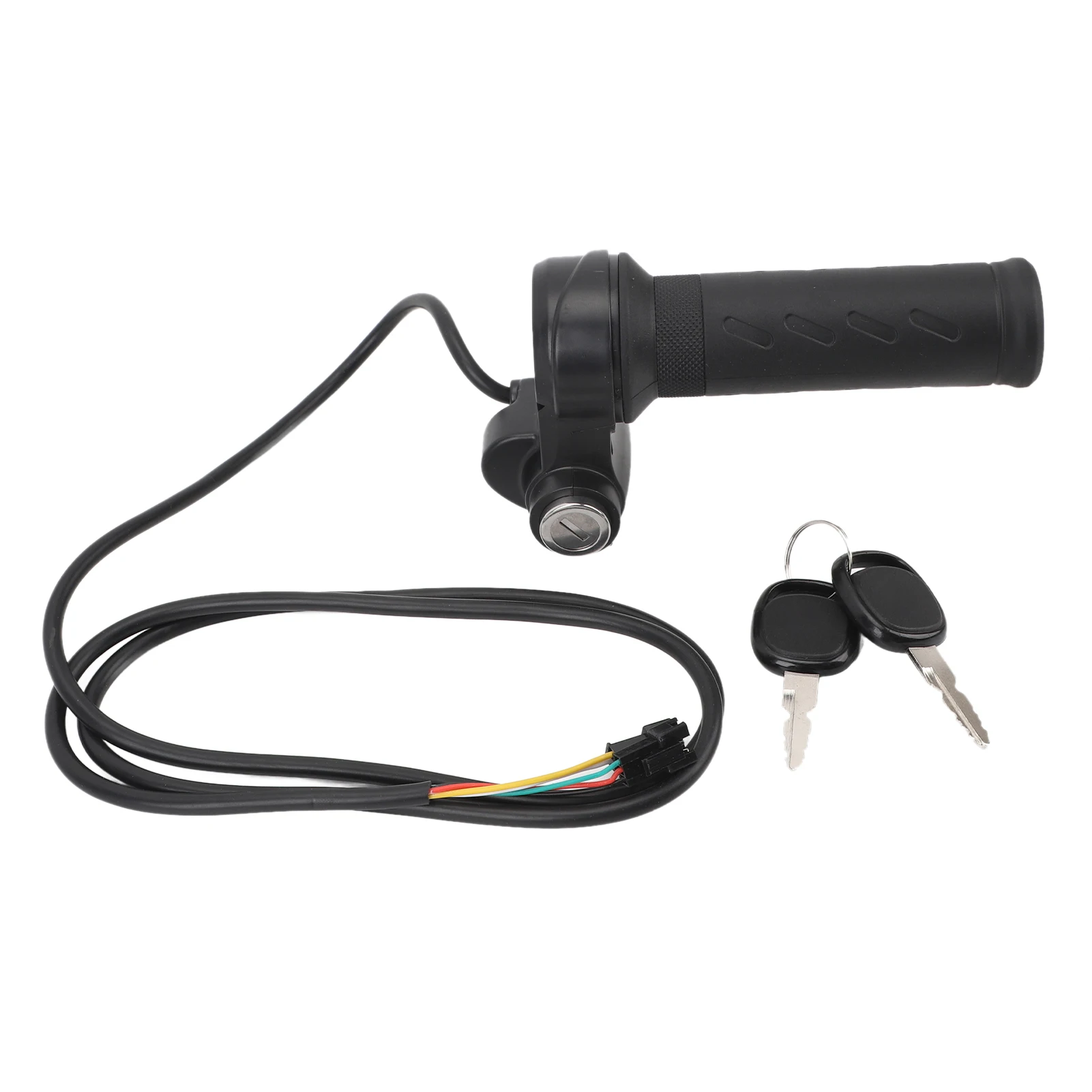 | Buy on AliExpress |
| Modified Extended Longer Rear Fender For SurRon Light Bee S and Light Bee X Universal… | AliExpress | $7.02 | ★★★★★ | 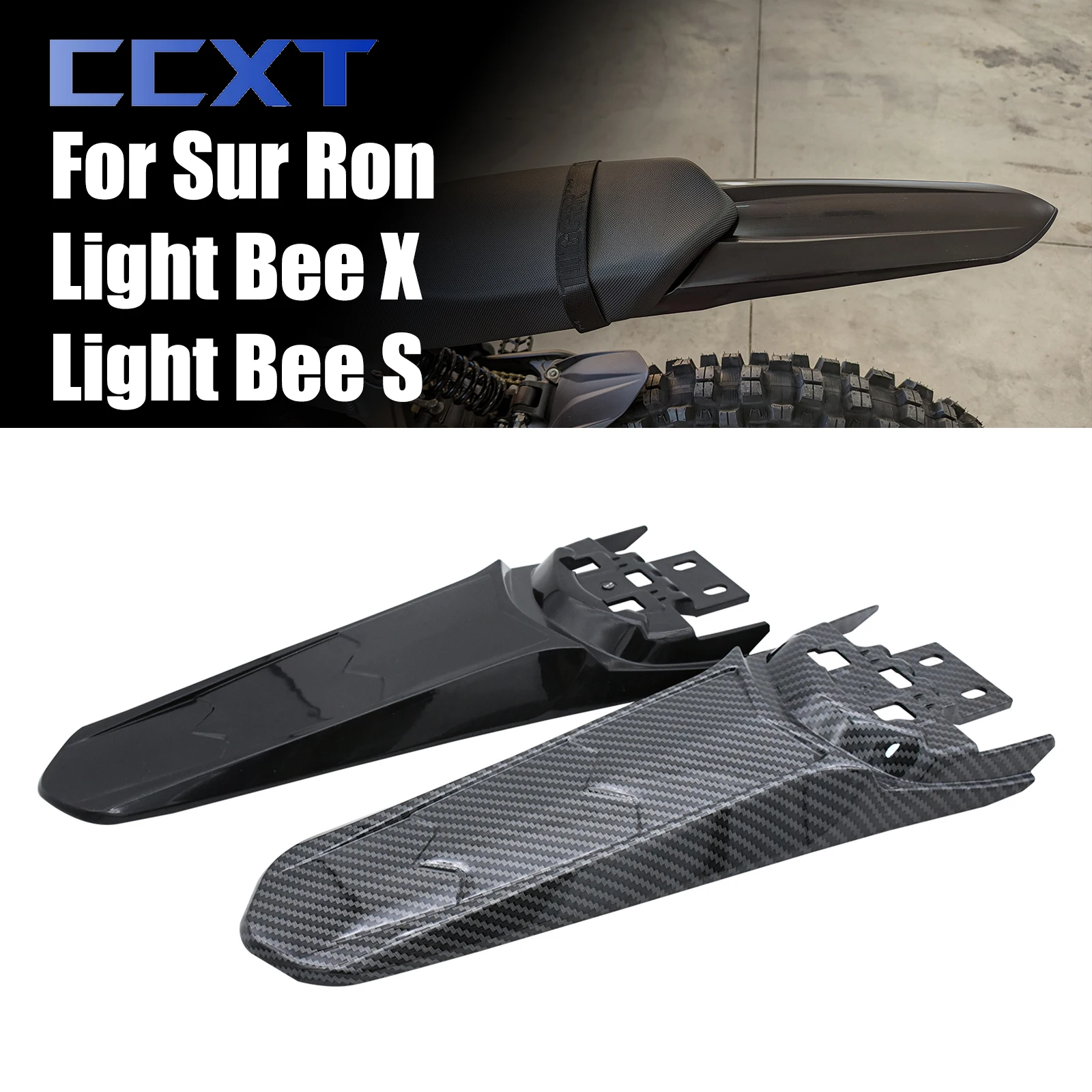 | Buy on AliExpress |
| Number Plate For Surron S X Motorcycle Accessories Front License Registration Plate… | AliExpress | $10.97 | ★★★★★ |  | Buy on AliExpress |
| Electric Bike Rear Wheel Fender Mudguards For Sur Ron Sur-Ron Surron Light Bee X & Light Bee S… | AliExpress | $5.18 | ★★★★★ |  | Buy on AliExpress |
| For Segway X160 Segway X260 Surron Light Bee X S Sur-Ron CNC USB Switch Ignition Key… | AliExpress | $10.56 | ★★★★★ |  | Buy on AliExpress |
| For Surron Light Bee X Segway X260 Carbon Fiber Battery Compartment Cover Protector… | AliExpress | $12.37 | ★★★★★ | 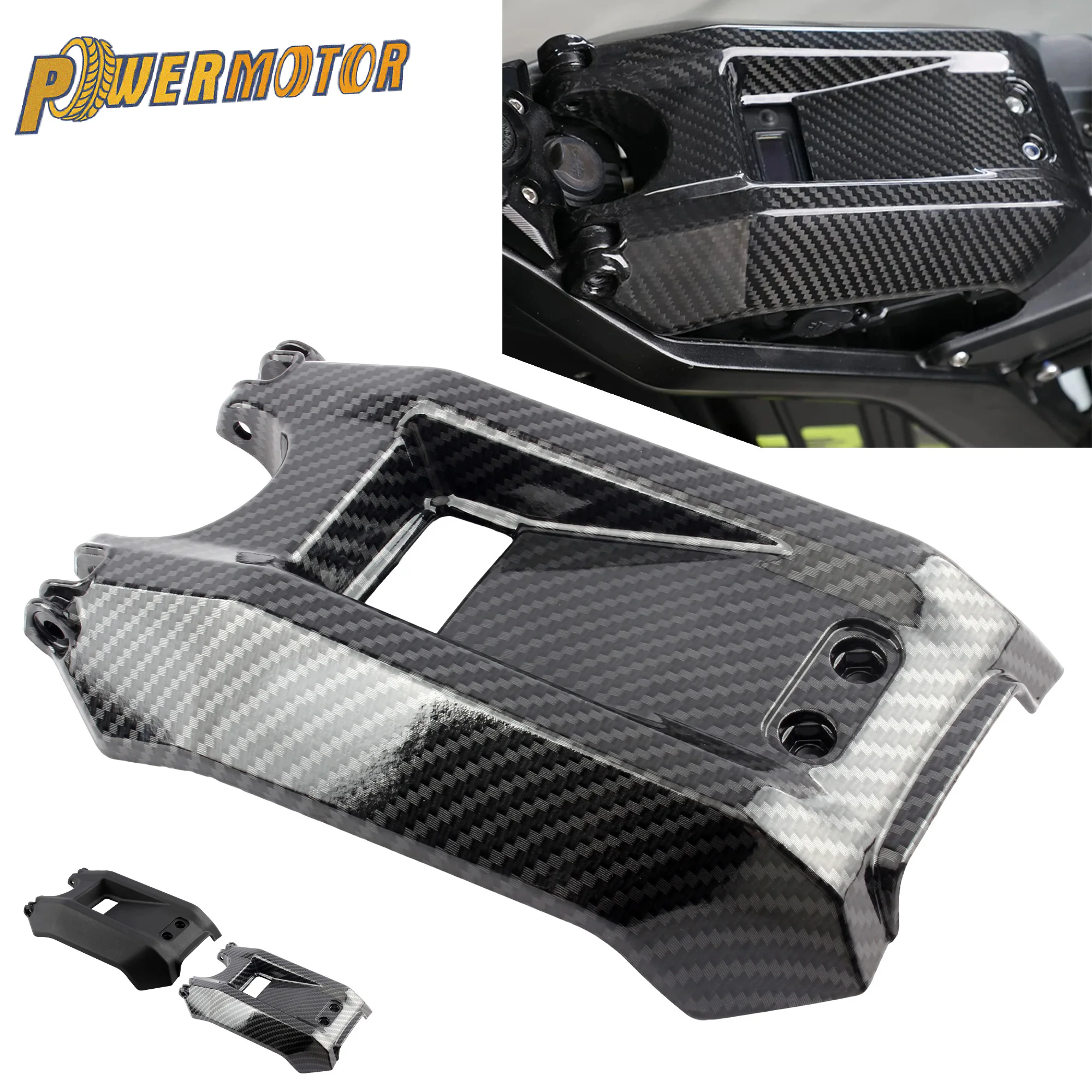 | Buy on AliExpress |
“`

